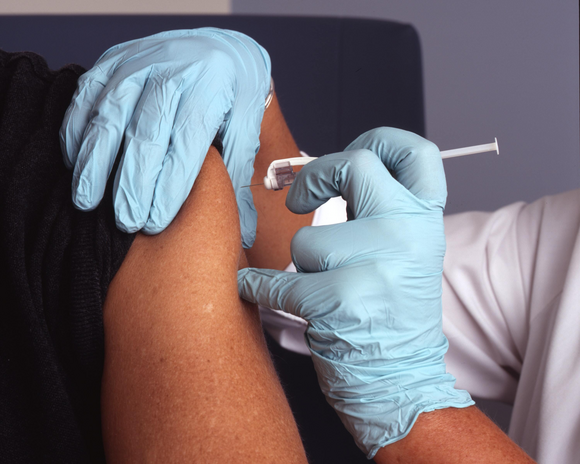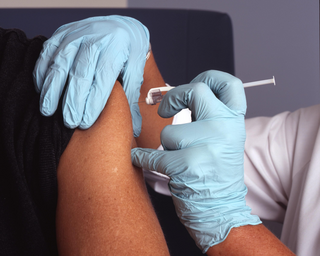Since its release, nearly 58% percent of the United States of America has received the COVID-19 vaccine. Americans had the option of three picks for their vaccine: Pfizer BioNTech, Moderna, and Johnson & Johnson. With many people having the vaccine, scientists have begun to note that over time it loses some of its effectiveness.
With this, vaccine developers have begun producing and administering booster shots to the general public. As a result, many people have had questions; as many initially thought the vaccine would be enough to prevent COVID-19 altogether. With the recent CDC and FDA approval of the three booster shots, there is now a stronger push for Americans to receive the booster shot. So, what exactly is the booster shot and what should we know about it? Here is some quick information regarding these, as well as some precautions.
What’s in a Booster Shot?
The COVID-19 booster shot is a smaller dose of the vaccine after receiving the initial two doses. It serves as extra protection against the virus and was designed to help people maintain immunity to the virus.
As of October, the FDA and CDC approved all booster shots and recommends those who took these vaccines to receive the booster. It is recommended that you get the booster shot 6 months after receiving the second dose of the vaccine; it is especially recommended if you have any underlying health conditions.
For the Johnson & Johnson vaccine, you are eligible for the booster 2 months after the vaccine. The CDC now allows for mixing and matching the vaccine and booster shots (if you get the Pfizer vaccine, you can have the Moderna booster shot). In many places, your chances of receiving the booster depend on your environment. Your age, job, housing situation, etc. can affect your chances of getting the booster shot.
You are recommended to get the booster shot if you meet the following conditions:
- 65-years-old and older
- 18 to 64-year-olds who are immunocompromised
- Those 18-years-old and older who live in a high-risk setting
Should we be worried?
Like with all things, it’s important to examine potential risks. Studies were performed on those who received Pfizer and Moderna booster shots and the side effects were vastly similar to the COVID-19 vaccine. These symptoms include tiredness, headaches, muscle/joint pain, and nausea.
One symptom, swollen lymph nodes, was found more prominent among those who received the booster. Johnson & Johnson has not identified any new health effects, the effects being similar to Pfizer and Moderna.
Additional research is being done concerning the Myocarditis infection that has been seen in previous vaccine cases. However, it isn’t known how long the booster will help boost immunity. This leads to questions on whether more boosters will be needed in the future. Overall, it has been shown that the booster is relatively safe.
Of course, it is still important to do your own research to determine whether or not the booster shot is for you. Ask your doctor or another health professional for additional information regarding the booster and your health. But first, it is still essential for Americans to receive the vaccine.
The CDC estimates that there are over 65 million people who have yet to receive any form of the vaccine. With this in mind, it is important to encourage others to get the vaccine so we can all live as safely as possible.
For additional information about the COVID-19 vaccine and booster shot, please check out these sites!
https://www.cdc.gov/media/releases/2021/p1021-covid-booster.html


